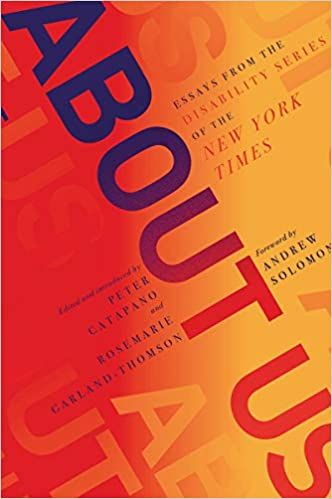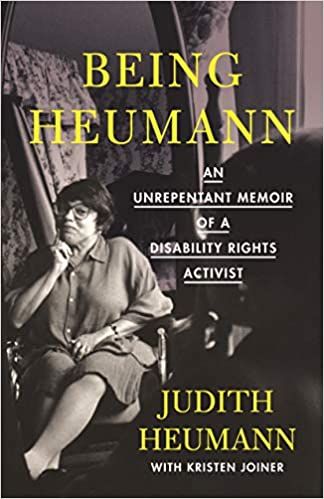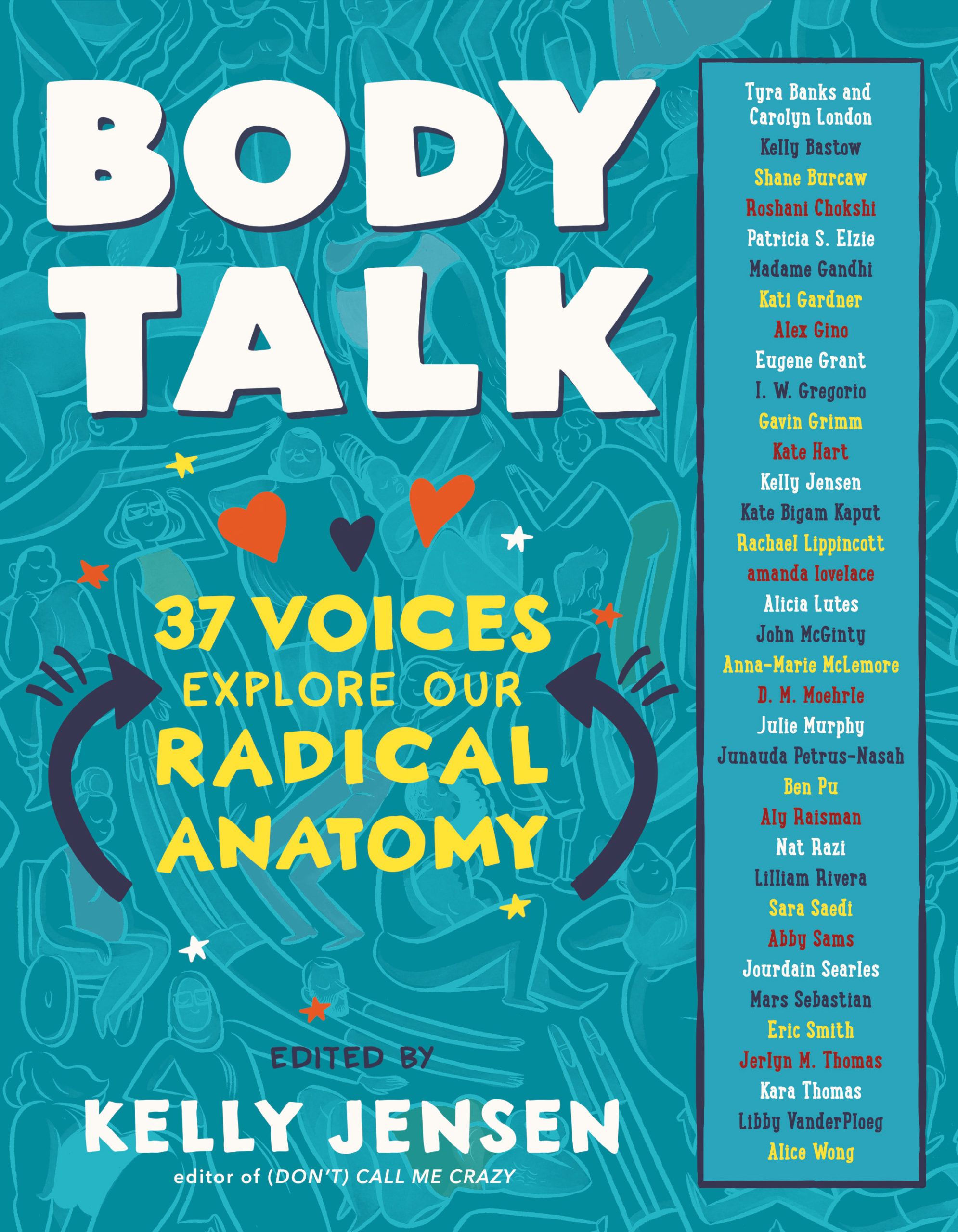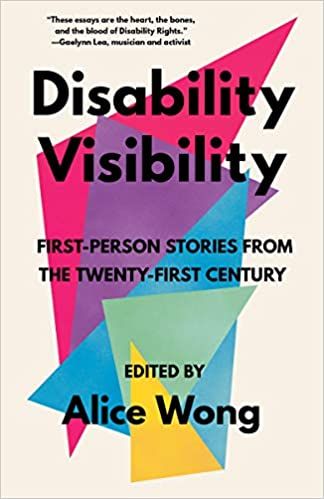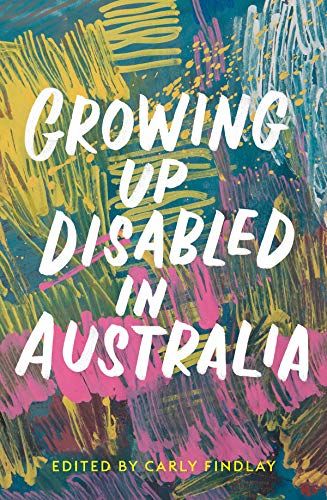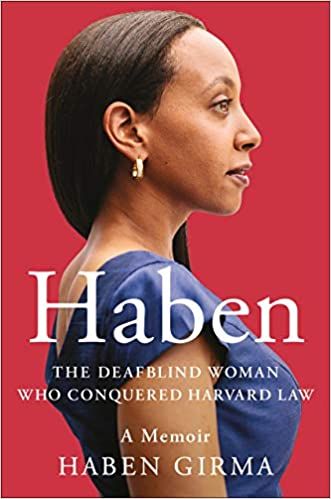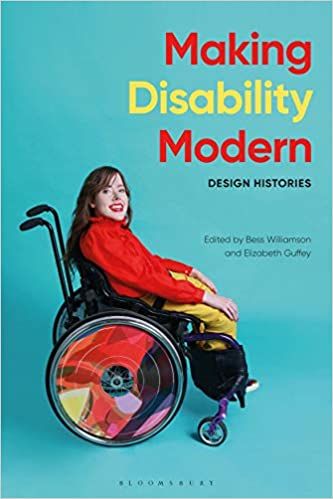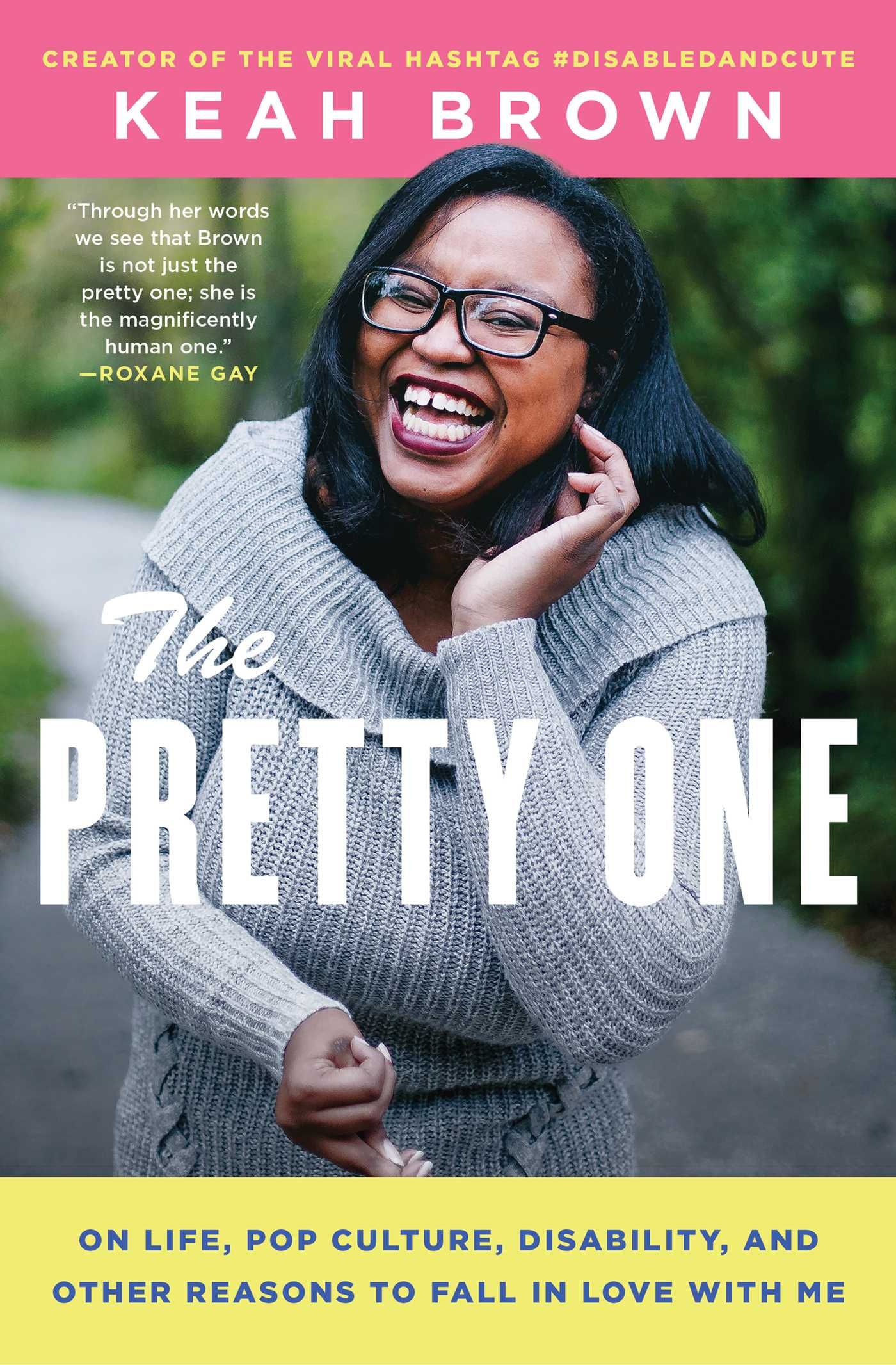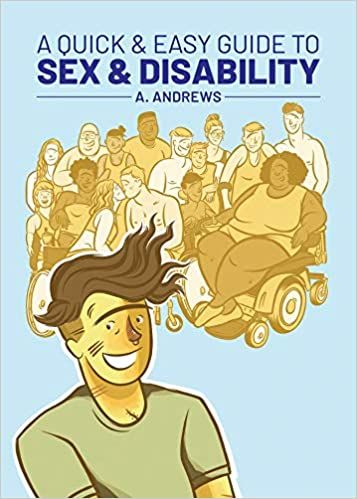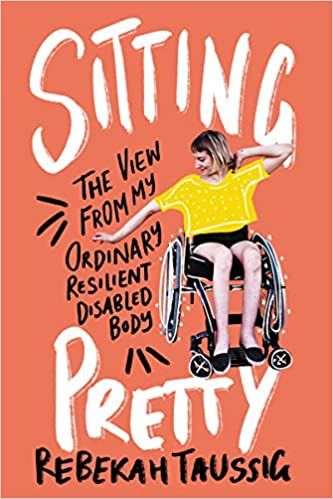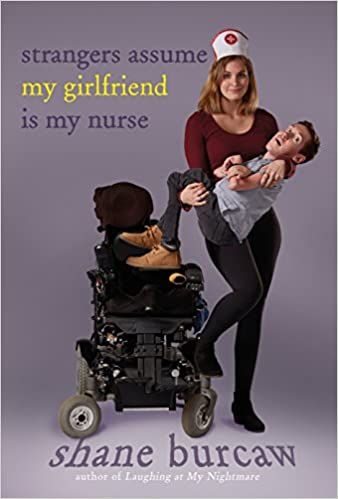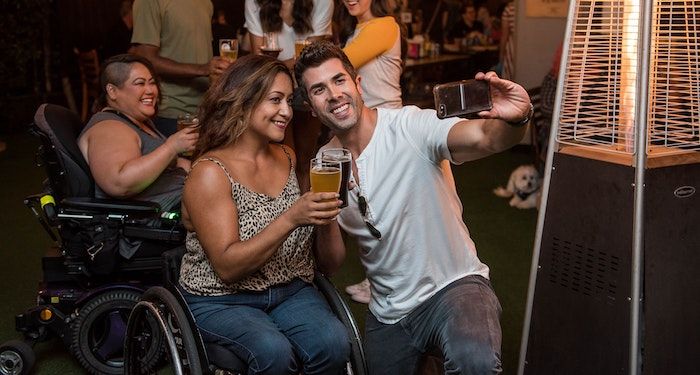
True Stories of Living With Disability For Your TBR
Although it’s far from perfect—and perfect it will never be—inclusivity in books currently available to purchase is getting better. We’ve seen more attention paid to books from a wide array of voices, backgrounds, and experiences, and thanks to the push for #OwnVoices stories, many more books by those who live with a marginalization are able to write and publish stories about those experiences, both fiction and non.
Disability stories are no exception. Certainly, there’s a major gap in the market for these books, but over the last couple of years, more and more disabled writers have had their voices published and shared. We’ve even seen disability represented more centrally on YA book covers.
We’re not gone from the days of inspiration porn, and it’s hard to ignore that one of the most promoted, shared, and celebrated books for young people in recent years was written by a non-disabled person with “be kind” as the key takeaway (it’s Wonder, if you’re wondering). But we’re getting better.
Want to learn more about what life is like living with a disability? Or, perhaps, more accurately, the ways in which disabled experiences intersect with every other experience in life? Then you’re going to want to check out these nonfiction books about disability.
These are true stories from voices of those living with an array of disabilities. They’re honest and unflinching, as much as they are humorous and declarations of love for pop culture, travel, and life more broadly. Because many of these are essay collections, the range of experiences will offer a real picture of the ways disabled writers have to continue to fight for recognition, for their voices to be heard, and for the rest of the world to rethink its concept of what’s normal and what’s not—as well as what is and is not accommodating for a myriad of bodies navigating an able-created world.
Note: this is not an exhaustive list. Rather, it’s a wide range of experiences and great for readers beginning to read more widely about disability, as well as those who want to deepen their reading. Mental health books are not included below, though mental illness is absolutely a disability.
About Us: Essays from the Disability Series of the New York Times edited by Peter Catapano and Rosemarie Garland-Thomson
In 2016, The New York Times published their “Disability” column. This anthology is a collection of the best essays from that collection of work, highlighting #OwnVoices experiences of living with disability. Topics are wide and varied, including pieces about attending medical school in a wheelchair, challenges in accessing quality medical care, how art has been a powerful tool for growth and healing, and more. This is a great place to begin your reading.
Being Heumann: An Unrepentant Memoir of a Disability Rights Activist by Judith Heumann
Judith Heumann became disabled when she was young, and her life-long struggle to access in education and her career allowed her to become one of the most important disability rights activists in the U.S. Here she shares her story while offering readers deep insight into the history of discrimination in America.
Body Talk: 37 Voices Explore Our Radical Anatomy edited by Kelly Jensen (August 18; full disclosure: me!)
From what it’s like to live with a back brace for scoliosis to what it’s like to be a Deaf stage performer, the 37 voices in this anthology highlight the wide range of experiences that define disability. Some are visible, while others are not, and all of the pieces in here reflect the different ways individuals live with—and experience life from—their bodies. Many entries in this book, including my own, explore chronic and invisible illness.
Care Work: Dreaming Disability Justice by Leah Lakshmi Piepzna-Samarasinha
Centering the lives and experiences of Black, Brown, queer, and trans people, Lakshmi Piepzna-Samarasinha explores the realities of disability justice through a series of essays. This book highlights the work people in this communities are doing to find one another, care and love one another, and to change the ways dominant culture perceives of those living at the intersections of disability, race, gender, and sexuality.
Disability Visibility: First Person Stories From The 21st Century by Alice Wong
Disability activist Wong brings together a wide range of essays that mirror the conversations she has been hosting and curating via her work as creator and founder of the Disability Visibility Project. The collection takes a look back at how much disability has—or has not—shifted in the public conscious since the Americans with Disabilities Act 30 years ago and where there is more work to be done.
Growing Up Disabled in Australia edited by Carly Findlay (February 3, 2021)
This is the fifth book in the “Growing Up” series, and Findlay’s editorial contribution to it offers a wide range of essays about the disability experience in Australia. There are over 40 original pieces, which include essays, art, and poetry, ranging from well-known politicians to Paralympians and more.
Haben: The Deafblind Woman Who Conquered Harvard Law by Haben Girma
Haben Girma grew up in Eritrea, and much of her childhood included absorbing the trauma of her parents’ experiences living through the country’s 30-year war with Ethiopia. It was their refugee story that inspired her to seek out a life of knowledge and learning. She traveled the world, and did something that had never been done before: graduated Harvard Law while Deaf and Blind. In addition to that, she’s the creator of a text-to-Braille communication system. Her memoir is not to be missed, as her life is one of wide ranging adventure, innovation, and fascination with living to the fullest.
Making Disability Modern edited by Bess Williamson and Elizabeth Guffey (August 20)
Where and how has design shifted to accommodate the real world, as opposed to solely an idealized able world? Williamson and Guffey’s book offer a dive into the history of design—and what that design has led to in terms of determining what it is to be disabled in the first place—and where and how design of the world around us may be becoming more accessible.
Places I’ve Taken My Body by Molly McCully Brown
McCully Brown has cerebral palsy, and as much as that defines her experiences of the world, it’s given her the opportunity to move her body through spaces in ways that shed light into travel, family, writing poetry, the American Eugenics movement, religion, and more.
The Pretty One: On Life, Pop Culture, Disability, and Other Reasons to Fall In Love With Me by Keah Brown
This upbeat collection of essays offers up a wide array of topics that Brown, who has cerebral palsy, is passionate about. She lives at the intersections of disabled and Black, and her essays showcase this throughout, be it a piece digging into the power and necessity of chairs to self-worth and seeing—or not seeing—oneself in the media one loves.
A Quick and Easy Guide To Sex and Disability by A. Andrews
Too often left out of the conversation about sex are those who don’t have an idealized “able” body. Andrews, in this comic guide, broadens the conversation about sex by centering all types of bodies. It’s about how to make sex accessible and enjoyable for bodies of all abilities because all bodies that want to connect with other bodies deserve the opportunity to do just that.
Sitting Pretty: The View From My Ordinary Resilient Disabled Body by Rebekah Taussig (August 25)
Taussig’s memoir-in-essays digs into her experiences growing up disabled in the ’90s and early ’00s, wherein bodies like hers in the media were either monstrous or inspiration. In the collection, she continues to advocate for a wider range of stories for all kinds of bodies and challenges notions of ablism still rampant in popular culture today.
Strangers Assume My Girlfriend Is My Nurse by Shane Burcaw
Burcaw is one of the funniest writers out there, and readers who haven’t yet delighted in his work will do well to start here (and/or pick up his first collection of essays, Laughing at My Nightmare). A lifelong wheelchair user with Spinal Muscular Atrophy, Burcaw tackles awkward situations head on in this collection, from the way strangers think that his girlfriend couldn’t possibly be anybody but his nurse, how he has sex with his girlfriend, the ways he’s been greeted (head pats rather than handshakes), and more. The humor here is especially effective in making it clear how able bodied people have never had to consider the realities of their bodies in the world.



